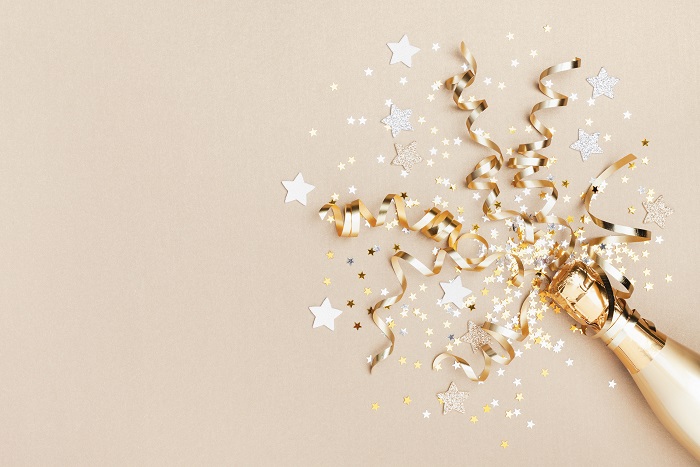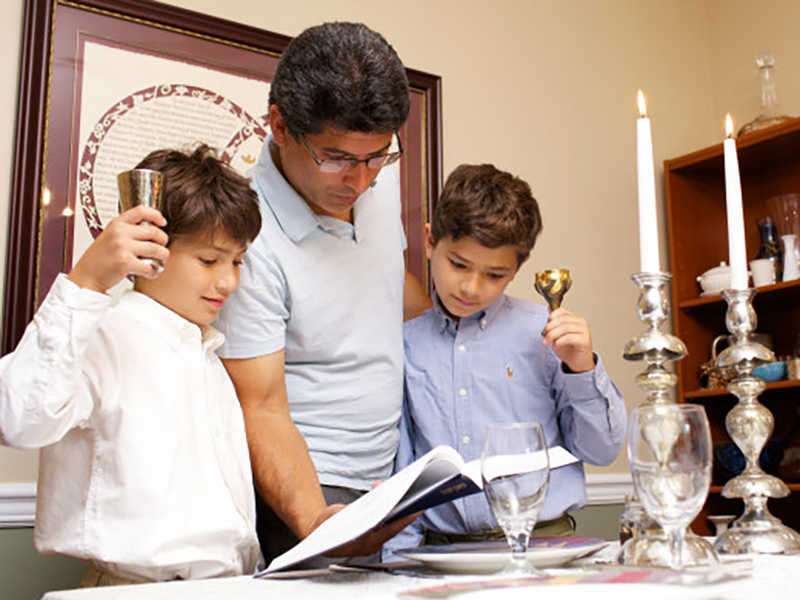While there are significant differences between how we usher in the secular and Jewish years, both are times of transition that offer us an opportunity for self-reflection. Here are some key differences:
Calendar
The secular new year, which follows the modern Gregorian calendar, is celebrated on the first day of January. Rosh HaShanah, literally meaning the “head” of the year, follows the Hebrew calendar, a luni-solar calendar. Its celebration begins on the first day of the Hebrew month of (which usually falls in September or October).
Timeframe and Tone
The secular New Year’s Eve is a time of merriment, feasting, fireworks, and making resolutions.
Rosh HaShanah has a more serious and solemn tone. The noise associated with this High Holiday is the blowing of the in the synagogue to mark the beginning of the Ten Days of Awe, a period of soul-searching reflection which concludes on Yom Kippur, the Day of Atonement, a day of fasting. The Talmud teaches that God determines who will live and who will die in the year to come on Yom Kippur.
Greetings
The secular New Year’s greeting is “Happy New Year.” On Rosh HaShanah, Jewish people greet one another with "" (a good year) or "Shana tovah umetukah" (a good and sweet year).
The greeting from Rosh HaShanah through Yom Kippur is "g’mar chatimah tovah", “May you have a good final sealing in the Book of Life.”
Music
A popular secular New Year’s Eve song is “Auld Lang Syne,” based on a poem written in 1788 by the national poet of Scotland, Robert Burns. It is sung at the stroke of midnight to bid farewell to the old year.
Perhaps the most recognizable prayer sung in synagogues on Rosh HaShanah is "," a plea to God for compassion, forgiveness, and blessing. On the eve of Yom Kippur, "" is sung.
Whether we talk about New Year’s resolutions or , returning to the path of righteousness, we can all benefit from taking a pause to consider where we have been in our lives, where we want to go, and how we plan to get from here to there.
Easily access the Jewish calendar and find all upcoming holiday dates!



